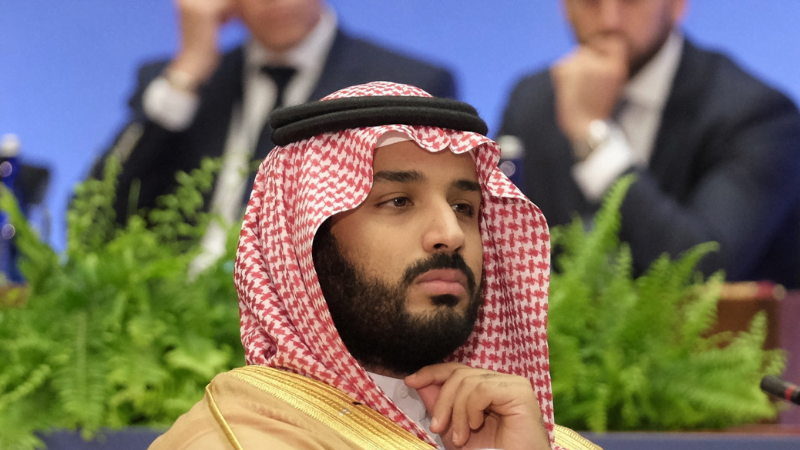An international inquiry into the murder of Saudi journalist Jamal Khashoggi has found evidence that he was the victim of a “brutal and premeditated killing, planned and perpetrated by officials of the State of Saudi Arabia.”
Khashoggi, a Washington Post columnist and a critic of Crown Prince Mohammed bin Salman and other members of the ruling elite, was murdered and dismembered after entering the Saudi consulate in Istanbul in October 2018.
US intelligence services have also stated that they believe the Crown Prince had instructed a team of Saudi operatives to carry out the killing, allegations that Riyadh has strongly denied.
Led by the United Nations, the investigation unearthed “chilling and gruesome audio material” obtained by Turkish intelligence services that provided prima facie evidence that he had died at the hands of the State.
UN special Rapporteur Agnes Callamard also said the Turkish investigation had been “seriously undermined” by the Saudis at the consulate and that “woefully inadequate time and access” was given to them which hampered their ability to carry out a professional crime scene investigation.
Callamard also voiced her concerns over the legitimacy of legal proceedings in Saudi against 11 individuals facing the death penalty if found “guilty” of the journalist’s murder. The state of Saudi vehemently denies any involvement of the Crown Prince in the murder, instead blaming “rogue elements” who had acted of their own accord.
To date, the Saudi authorities have repeatedly failed to disclose the whereabouts of Khashoggi’s remains, despite admitting that “he met his death within their custody in their consular premises”.
Approximately 94 journalists were murdered in 2018, showing an increase on previous years. Human rights organisation Article 19 found that the threat to journalists globally is at a 10-year high and that those working in the field are facing a substantial increase in verbal and physical attacks against them.
This combined with a significant decline in media freedom and a “crisis of democracy” is resulting in a situation where freedom of expression and speech are under threat on an international scale.
Maltese investigative journalist Daphne Caruana Galizia was murdered in October 2017 while investigating allegations of money laundering and kickbacks involving Prime Minister Joseph Muscat, his chief of staff Keith Schembri and Tourism Minister Konrad Mizzi, the chairman of Pilatus Bank and the Azerbaijan ruling elite.
To date, it is not known who ordered her assassination, and not one of the politicians she was investigating has been interviewed in connection with the case.












